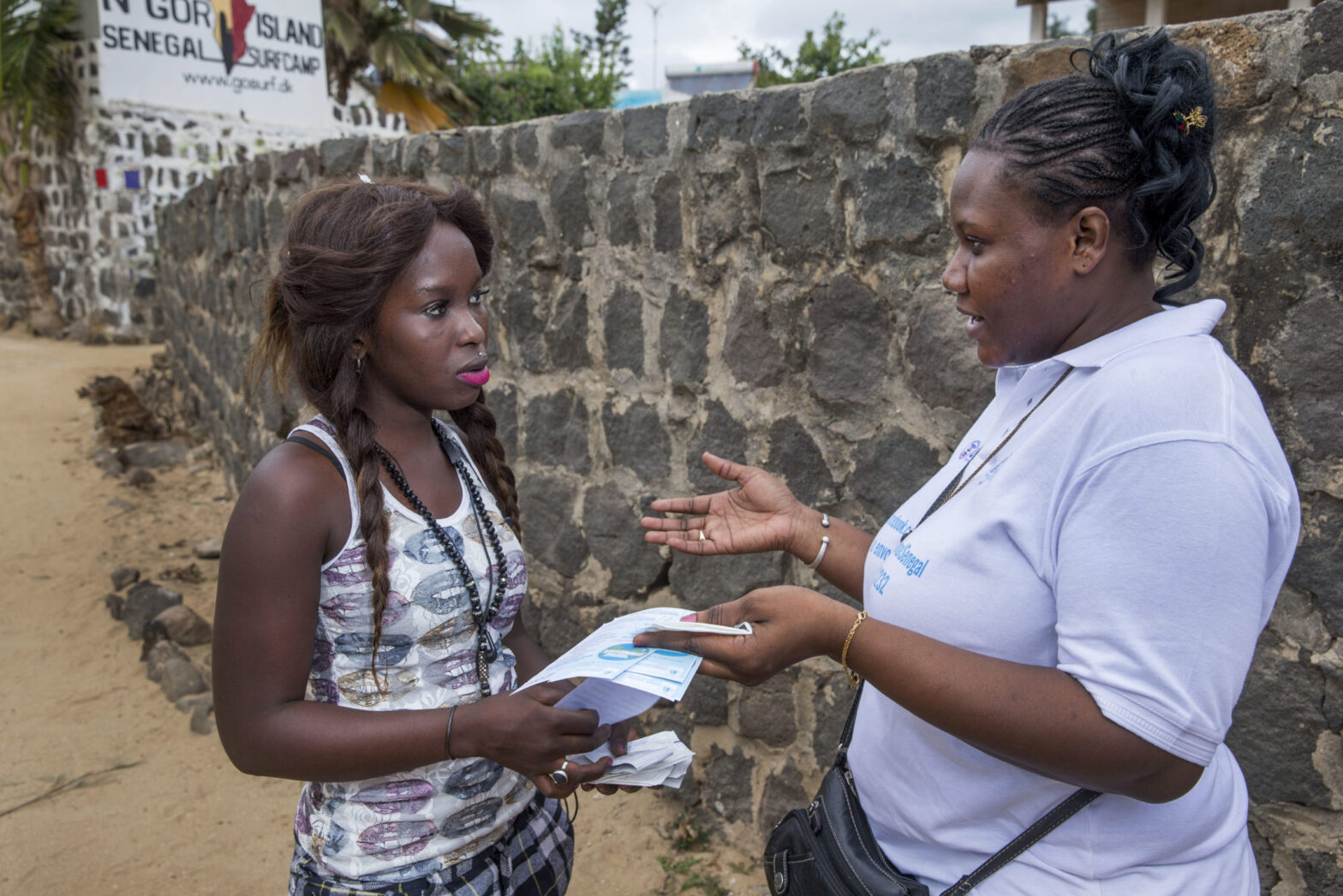Context
Unsafe abortion is common in Senegal, but postabortion care (PAC) is not accessible to some women who need it, and the cost to the health care system of providing PAC is unknown.
Methods
The cost to Senegal’s health system of providing PAC in 2016—at existing service levels and if access were hypothetically expanded—was estimated using the Post-Abortion Care Costing Methodology, a bottom-up, ingredients-based approach. From September 2016 to January 2017, face-to-face interviews were conducted with PAC providers and facility administrators at a national sample of 41 health facilities to collect data on the direct and indirect costs of care provision, as well as the fees charged to patients. A sensitivity analysis was conducted to examine the precision of the results.
Results
In total, 1,642 women received PAC at study facilities in 2016, which translates to 18,806 women receiving PAC nationally. Public facilities provided nearly all services. The average cost per patient at study facilities was US$26.68; nationally, the estimated cost was US$24.72. The estimated total national cost of providing PAC at existing levels was US$464,928; direct costs accounted for more than three-quarters of the cost. Charges to PAC patients amounted to 20% of all incurred costs. If service provision had been expanded to meet all PAC needs, estimated total costs to the health system would have been US$804,518.
Conclusion
The annual costs of PAC are substantial in Senegal. Greater investment in ensuring access to contraceptives could lower these costs by reducing the number of unintended pregnancies that often lead to unsafe abortion.
